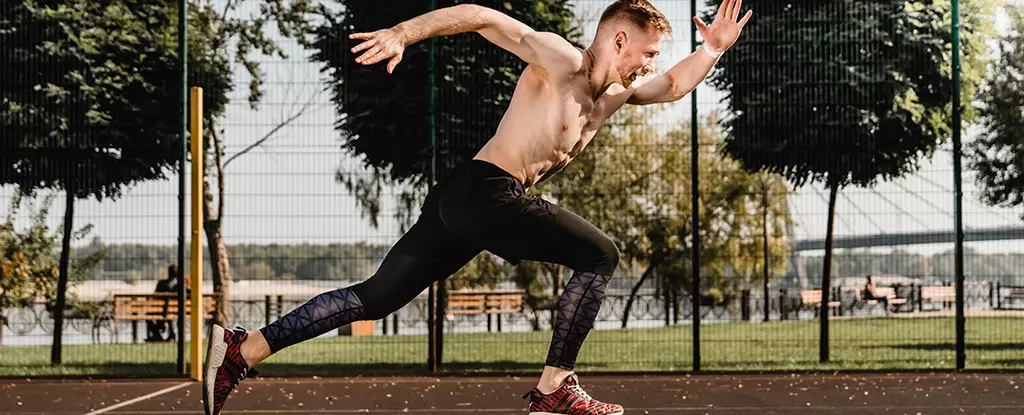For fitness enthusiasts and professional athletes, the common perception is that vigorous exercise is unequivocally beneficial for health and well-being. However, a recent study from 2023 raises concerns that counter this intuitive belief, especially for those engaged in high-stakes professions such as firefighters and emergency responders. This research, which investigated the immune responses of over 4,700 fluid molecules in post-exercise conditions, suggests that extreme physical exertion may compromise immune function, potentially increasing susceptibility to infections. The implications of these findings warrant a careful examination, particularly regarding their relevance to individuals in physically demanding jobs.
Conducted by a team from the Pacific Northwest National Laboratory (PNNL), the study involved an analysis of blood plasma, urine, and saliva samples from eleven firefighters before and after a 45-minute intense exercise regimen. The firefighters were tasked with hauling approximately 20 kilograms (44 pounds) of equipment across challenging terrain. Researchers aimed to scrutinize the biochemical signals emitted during such strenuous circumstances, specifically looking for indications of immune suppression or alterations in immune response.
According to lead author Ernesto Nakayasu, there is a plausible link between protracted and taxing physical activity and an increased risk for viral respiratory infections immediately following such exertion. The study seeps into controversial territory, especially given the mixed evidence surrounding the relationship between high-intensity exercise and immune system function. While moderate exercise is widely recognized for its immune-boosting properties, the aftermath of rigorous workouts may tell a different story.
One of the intriguing revelations from the study is a decrease in inflammatory molecules in the firefighters’ samples. Concurrently, there was a rise in opiorphin—a peptide that dilates blood vessels, enhancing the delivery of oxygen and nutrients to muscles. The researchers theorized that this alteration might signify an adaptive mechanism for the body during high-demand physical activity, possibly to improve efficiency in oxygen exchange. The small sample size of the study, however, raises concerns about the robustness of these conclusions.
The emergence of antimicrobial peptides in the subjects’ mouths post-exercise further complicated the interpretation of the findings. While scientists speculated that this increase could serve as a compensatory response to immune suppression, the inability to inhibit E. coli growth raises questions about the effectiveness of these peptides in controlling infections in the oral cavity. This presents a paradox: does increased antimicrobial activity equate to better immune protection, or is it merely an indication of a system under duress?
Critically, the study primarily focused on a select group of healthy, physically active men, limiting the generalizability of the results to the broader population. Firefighters face unique environmental exposures that could skew their immune responses, making it crucial to consider a diverse participant pool in future research. Moreover, while the immediate immune responses observed in the firefighters were concerning, some researchers suggest that these changes might not necessarily indicate a debilitating decline in immunity; rather, they could reflect a “heightened state of immune surveillance.”
This juxtaposition emphasizes the need for ongoing research into the nuanced relationship between physical exertion and immune functionality. The notion that intensive training could foster a higher incidence of infections has profound implications for athletes, military personnel, and first responders who routinely push their bodies to the limit.
While the allure of intense workouts cannot be understated, the findings from this study urge a reevaluation of how we perceive “excessive” exercise and its impact on our health. Recognizing the fine balance between maintaining fitness levels and protecting immune health is essential—not only for those in rigorous occupations but for all individuals committed to a physically active lifestyle. The dialogue surrounding exercise and immunity is evolving, and as scientific understanding deepens, it will be crucial to refine our exercise regimens in accordance with emerging insights. Balancing intensity with recovery and immune health may help to safeguard not just our physical fitness, but also our overall well-being.


Leave a Reply